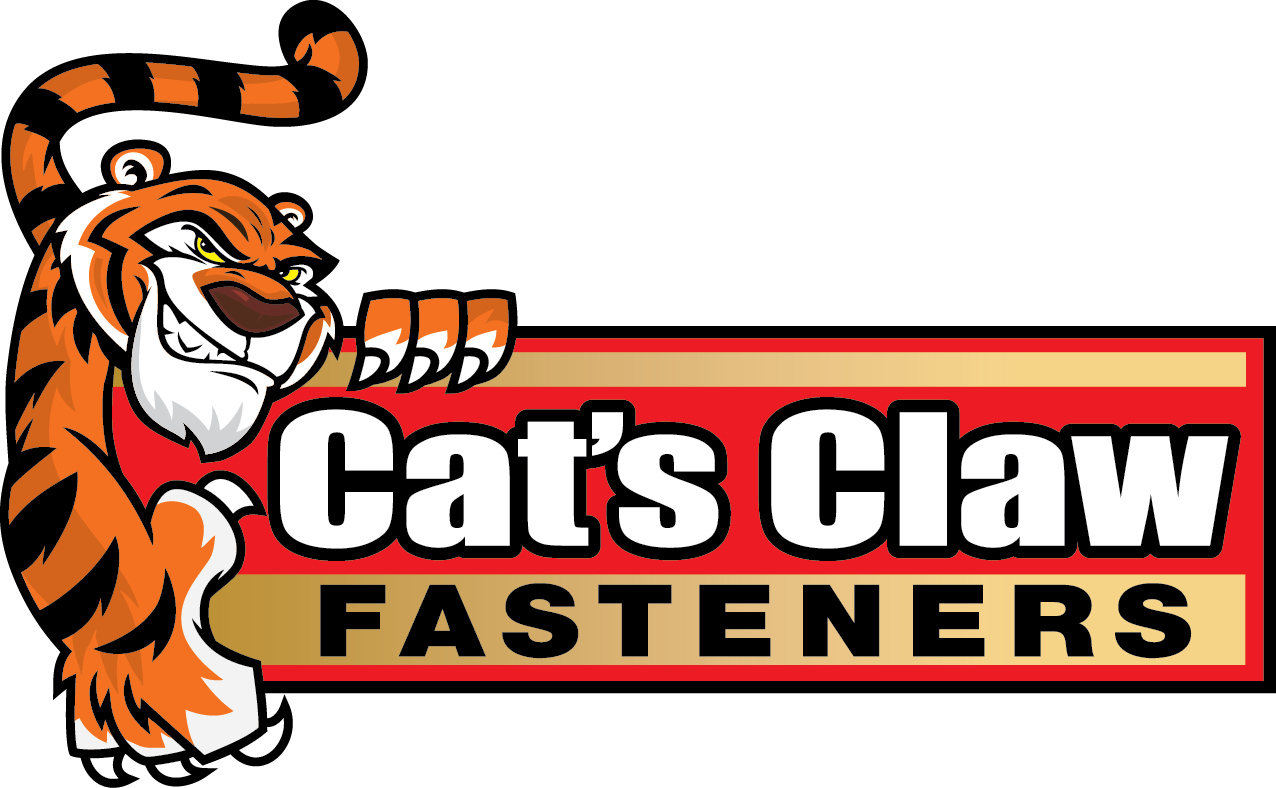No products in the cart.
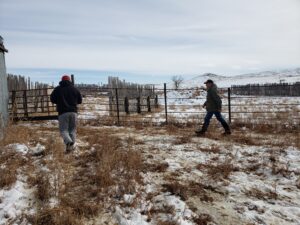
The best fencing options for your homestead largely depends on a several factors – the size of your homestead, the type of soil your homestead is located in, and personal preference on aesthetics as well as the livestock being kept in or out. The saying is, “Good fences make good neighbors.”
The best and most cost-efficient fencing options are variations of a 4 strand barb wire fence using only the best material such as red brand barbed wire, American made T posts, drill stem or oak railroad ties for H braces, and Cat’s Claw Fasteners to attach the wire. The purpose for spending a little extra on quality material upfront saves in the long run on maintenance costs.
The size of the homestead matters when it comes to your fence. Smaller areas could justify continuous fence panels, rail fencing, and buck fence. However, for larger places, while it is aesthetically pleasing, that’s not cost effective. Typically, rail fence and buck fence are labor intensive to maintain. That is important to keep in mind.
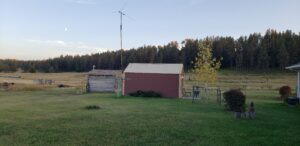
The type of country and soil types play a huge role in determining the best fencing options. In states with heavy snow fall, it requires putting stays in the fence line to keep the weight of the snow from pushing the fence into the ground. Buck fence or lay down fence is also an option to try and mitigate the damage from snow pack.
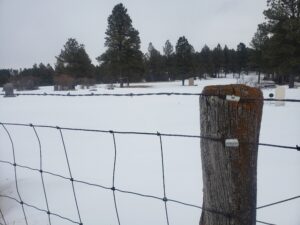
In extreme sandy soils, T posts don’t provide enough support so wooden line posts are necessary. In this scenario, Cat’s Claw fasteners are the ticket. Although they may be slower to install than staples, they are extremely less likely to be rattled out by the wind. This saves on maintenance time and labor in the future.
In sandy soil it may be necessary to cement in the pipe braces to provide enough surface area underground to hold the brace solid. In extreme rocky ground it may be easier to build a basket out of woven wire and fill with rock for braces. In areas prone to forest fires, fences with zero wood posts would be the best option. There are so many variations of the best option suitable for the country and soil.
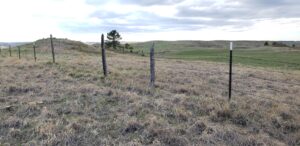
The land owner’s personal preference also plays a role in the best homestead fencing options. Some types of fencing have more eye appeal where cost and maintenance may not be a factor. In general, an experienced fence contractor will agree that building whatever the customer wants without compromising quality workmanship is essential.
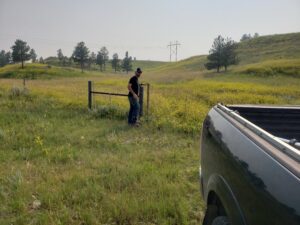
The type of livestock being contained on your homestead has an impact on the best type of fence to use for your homestead. Just about any type of fence will work for cows and horses. Some may choose to shy away from barb wire with horses. As for goats and sheep, they require a 7 strand barb wire fence, woven wire fence, or electric fence.
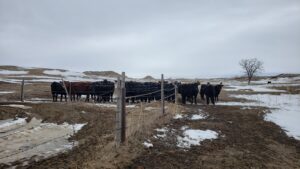
There are numerous factors that determine the best option of fence for your homestead. As previously mentioned, some factors to consider include the size of your homestead, the type of country and soil, landowner preference when it comes to aesthetics, and the livestock involved. In each case, good quality material should be used for long-term satisfaction. At Cat’s Claw Fasteners, we have high-quality products that can help with your homestead fencing. Be sure to contact us today!
Your curiosity is our inspiration at Cat’s Claw Fasteners! Contact us and connect with our Head Cat Collector, Ralph, via email at ra***@***************rs.com. Stay informed with our blog and follow us on Facebook, Instagram, Pinterest, and Youtube for more exciting content!
Read next: Why Using the Right Lag Screw for Your Fence Is Important
